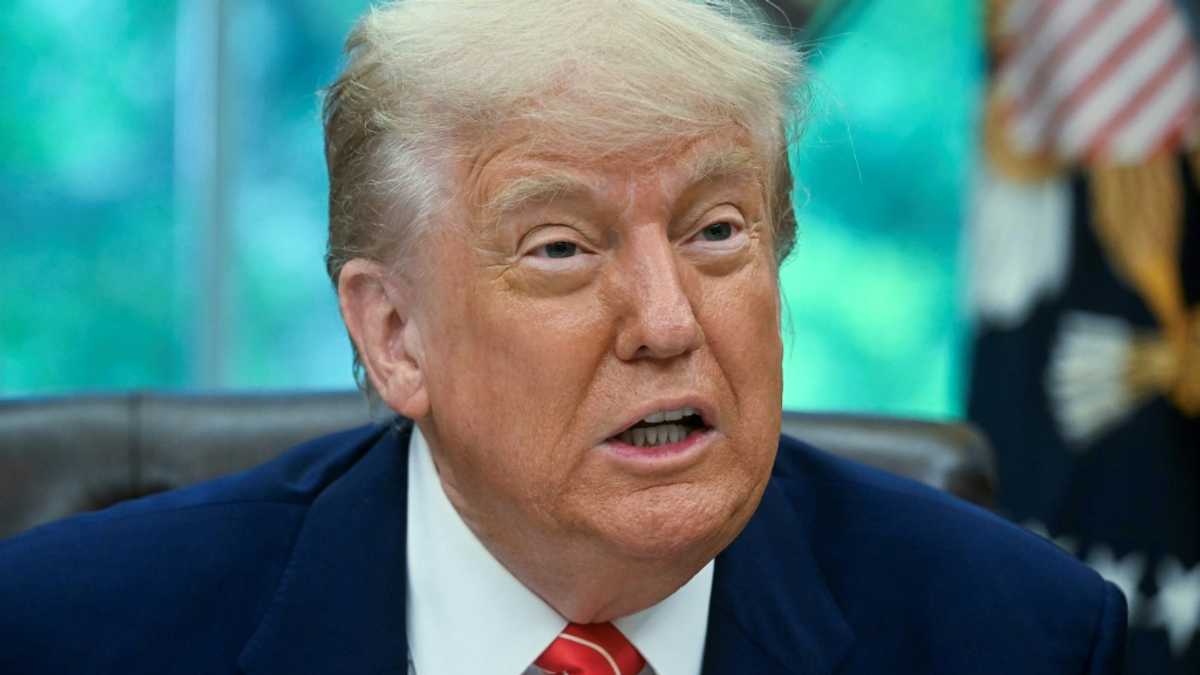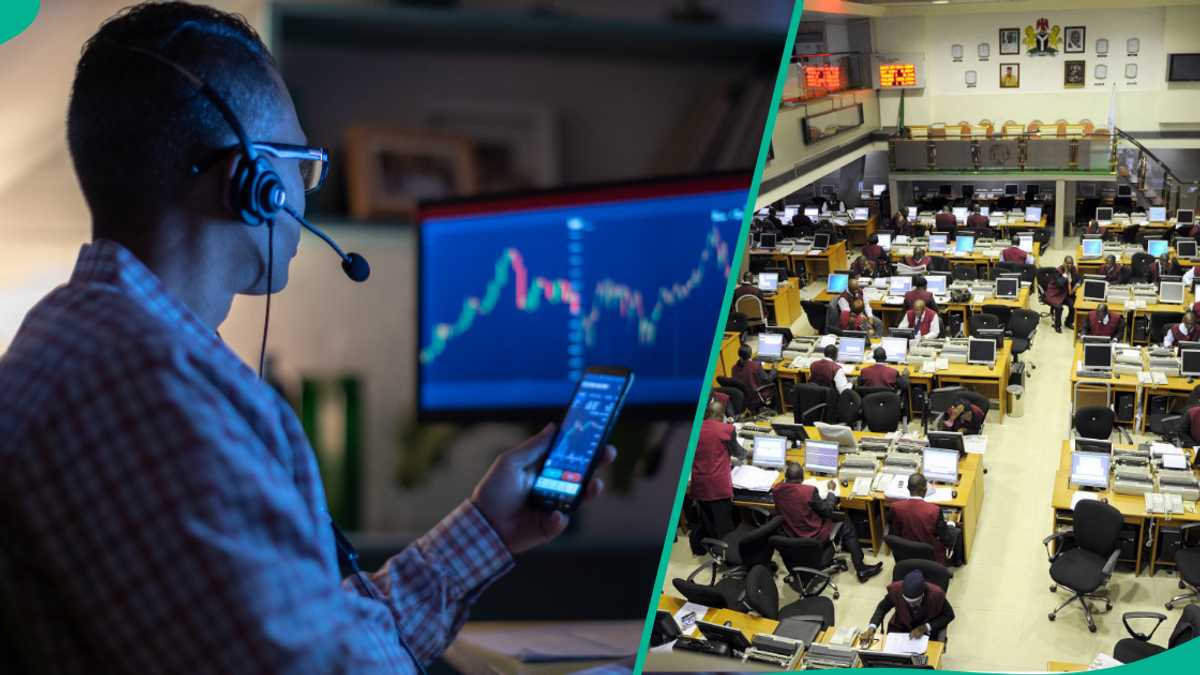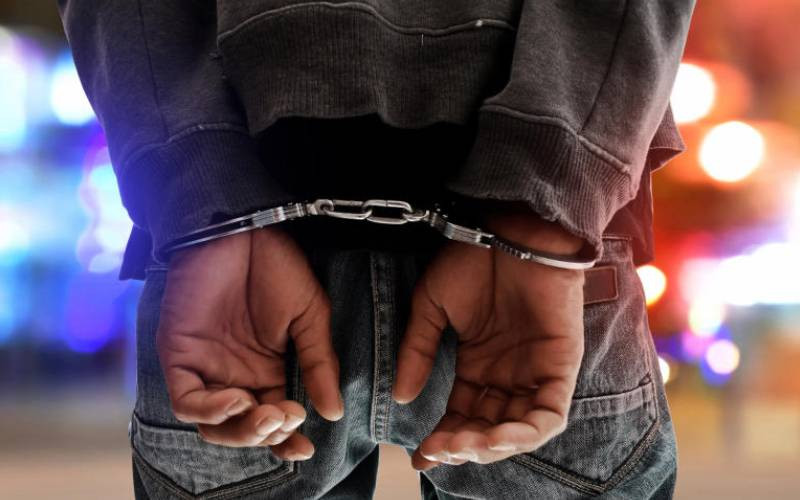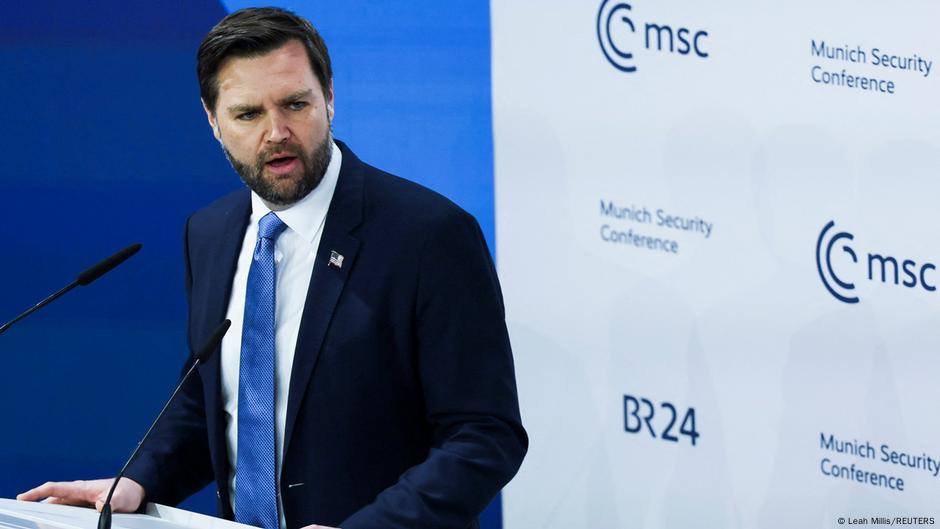Germany Condemns Sumy Strike as War Crime

In the wake of a devastating Russian missile attack on the Ukrainian city of Sumy, which resulted in the deaths of at least 34 people, including children, Germany's likely next chancellor, Friedrich Merz, has strongly condemned Russian President Vladimir Putin, accusing him of committing a war crime. Merz, who leads the center-right Christian Democratic Union (CDU), voiced his outrage in an interview with German public broadcaster ARD, describing the deadly assault as a "deliberate and calculated war crime."
Merz highlighted the particularly heinous nature of the attack, noting that it involved two waves of missiles, with the second strike targeting emergency workers as they were tending to the initial victims. He criticized those in Germany who advocate for peace talks with Putin, arguing that such overtures are perceived not as genuine attempts at de-escalation but as a sign of weakness. The CDU leader also reiterated his support for supplying Ukraine with Taurus long-range missiles, contingent upon coordination with European allies, pointing out that countries like the UK, France, and the US have already provided similar assistance.
Outgoing German Chancellor Olaf Scholz, a member of the center-left Social Democratic Party (SPD), echoed the condemnation of the attack, labeling it "barbaric" and asserting that it exposed the true nature of Russia's claims of seeking peace. The attack on Sumy occurred on a Sunday at approximately 10:15 a.m. local time (0715 GMT), as people gathered to observe Palm Sunday. The timing and location of the strike have further fueled accusations of intentional targeting of civilians.
These strong statements from Merz come as the CDU and its Bavarian sister party, the Christian Social Union (CSU), have reached a coalition agreement with the SPD to form a new government, following the CDU's victory in the recent snap German elections in February. However, the coalition deal has faced criticism, notably from the former Ukrainian Ambassador to Germany, Andrij Melnyk, who expressed skepticism about the new government's commitment to supporting Ukraine. Melnyk suggested that the agreement's lack of concrete military assurances might embolden Putin, even comparing it to opening "a bottle of Crimean champagne," a reference to Russia's annexation of Crimea in 2014.
The coalition agreement states that Germany will substantially strengthen and reliably continue "military, civilian and political support" to Ukraine along with its partners and says Germany will participate in the reconstruction of Ukraine, among other efforts. Melnyk, who has been nominated as Ukraine's envoy to the UN, is likely to interact with the new German government in his future role. The missile strike on Sumy has drawn widespread condemnation from international leaders, including UN Secretary-General Antonio Guterres, who expressed being "deeply alarmed and shocked" by the attack. Guterres' spokesman, Stephane Dujarric, emphasized that the attack fit a "devastating pattern of similar assaults on Ukrainian cities and towns in recent weeks," and reiterated that "attacks against civilians and civilian objects are prohibited under international humanitarian law."
European leaders, including British Prime Minister Keir Starmer, Poland's Donald Tusk, Italian Prime Minister Giorgia Meloni, and European Council President Antonio Costa, have also voiced their condemnation of the attack, decrying it as a stark reminder of the continued bloodshed perpetrated by Putin and a criminal act. The US administration, under President Donald Trump, has also weighed in, with National Security Council spokesman Brian Hughes stating that the attack underscores the urgency of Trump's efforts to end the war in Ukraine. Ukrainian President Volodymyr Zelenskyy asserted that the attack demonstrates Russia's stalling on a ceasefire deal, emphasizing the need for decisive action and pressure to change the situation.










